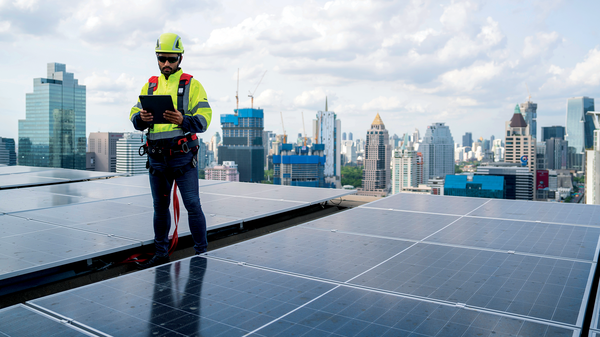Trade and competition with China, including for climate technology, therefore has risen to political prominence in the United States, but also elsewhere around the world. The concerns range across purported unfair trade practices, protectionist industrial policy, intellectual property, and the general impacts of a huge economy becoming a powerful exporter in sectors that used to be a source of domestic economic strength in Western countries.
The question of which countries will be competitive in future climate technologies and manufacturing industries will be critical, both for climate policy and for other economic and political reasons. The United States (but also its competitors, allies, and adversaries alike) will need to balance environmental performance, domestic manufacturing competitiveness, affordability, and security. Trade-offs are inevitable. Climate and energy policies might merge with policies related to innovation, trade, industry, and even national security.
At Resources for the Future, we plan to analyze this economic landscape of current and future climate technologies, who is or can be competitive in what sectors, and how all these considerations dovetail with other policy and political goals in the United States and globally.
